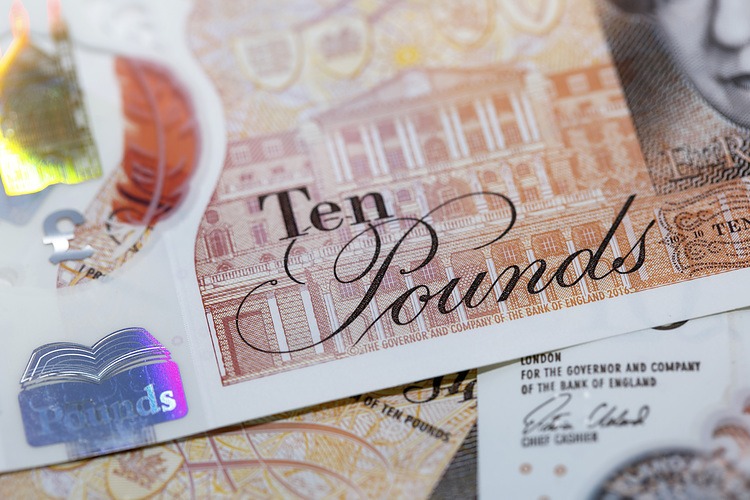The GBP/JPY pair experienced a decline as traders approached with caution before the release of the US ISM Manufacturing PMI on Tuesday. Weak manufacturing data in Japan has led to speculation that the Bank of Japan may postpone further rate hikes, putting pressure on the JPY. Japan recently announced the allocation of funds for energy subsidies to counter rising costs, potentially contributing to inflation. Despite this, the BoJ’s hawkish monetary policy stance has been reinforced by an increase in Tokyo’s inflation and a rise in capital spending by Japanese companies in the second quarter.
In the UK, the BRC Like-for-Like Retail Sales saw a 0.8% year-on-year increase in August, showing the fastest growth in five months. The S&P Global UK Manufacturing PMI remained steady at 52.5 for August, in line with initial estimates. Traders are anticipating that the Bank of England (BoE) will not cut rates in the September meeting, with an 87.2% chance of a 25 basis points rate cut in November. BoE Deputy Governor Sarah Breeden is set to moderate a panel on supervisory cooperation at a joint conference hosted by the European Central Bank and the European Banking Authority on Tuesday.
Inflation measures the increase in the price of a representative basket of goods and services, with headline inflation typically expressed as a percentage change on a month-on-month (MoM) and year-on-year (YoY) basis. Core inflation excludes volatile elements like food and fuel, which central banks focus on to keep inflation manageable around 2%. The Consumer Price Index (CPI) tracks changes in prices over time and is targeted by central banks, with Core CPI excluding volatile inputs. High inflation usually leads to higher interest rates, strengthening a currency, while low inflation has the opposite effect.
Traditionally, investors turned to Gold in times of high inflation to preserve value, but nowadays, central banks tend to raise interest rates in response to inflation, which can be negative for Gold. Lower inflation tends to be positive for Gold as it brings interest rates down. The relationship between inflation and currency values may seem counter-intuitive, but central bank actions in response to inflation play a key role. While Gold remains a safe-haven asset during market turmoil, its relationship with inflation and interest rates has evolved over time.





















